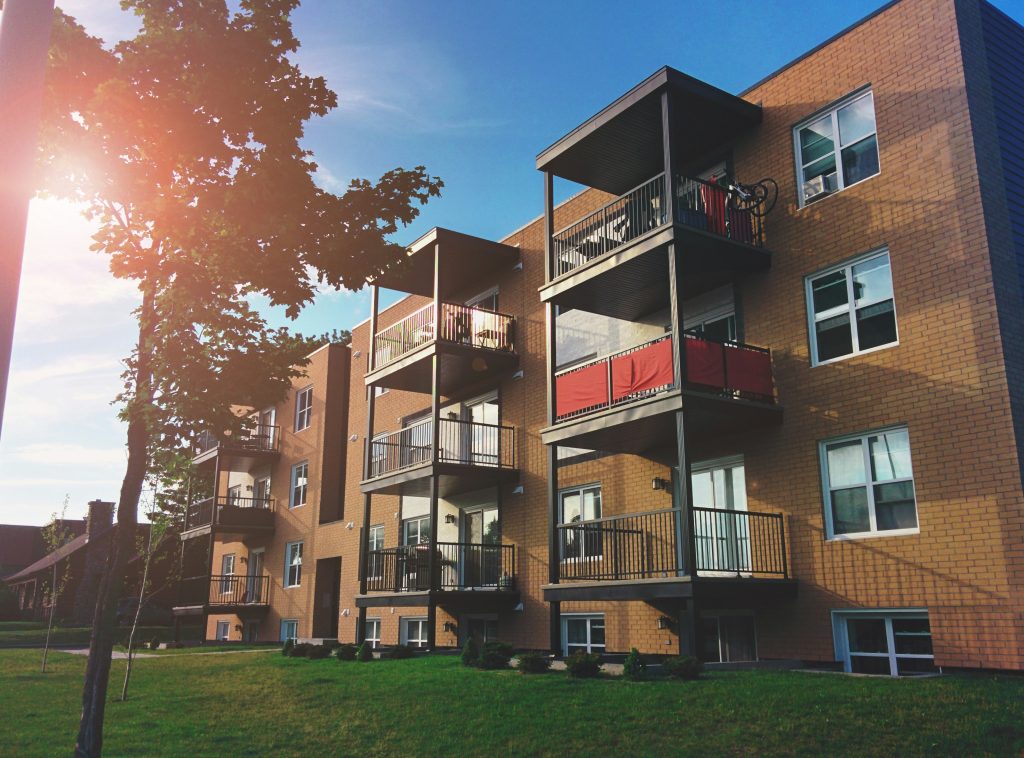A lack of English as an Additional Language (EAL) provision in schools is putting vulnerable refugee children at risk of being refused admission, a refugee charity has said.
CARAS, a Tooting-based charity, said its ‘Get Ready for School’ scheme is heavily oversubscribed and referrals from local authorities have doubled year-on-year since January 2022.
English as an Additional Language provisions tackles language barriers for refugee and asylum-seeking children, helping them remain in education, and also is used more widely by 1.7 million pupils in England.
Suhashini Thomas, the head of learning and language skills at CARAS, said: “What we are witnessing is an unprecedented rise in referral rates that has started exceeding our capacity.
“There is a huge desire by the local authorities we work with to find appropriate educational placements for young asylum seekers.
“Sadly, they refer to us because mainstream provision is so lacking.”
Thomas cites the need for significant financial support to integrate new arrivals and provide holistic, person-centred support.
CARAS also flagged a growing trend of schools refusing admission to 16-year-olds or older, especially for children in Year 11 of school.
This trend is supported by an older UNICEF report which notes a fear of academic profiles being adversely impacted, pushing schools to refuse refugee 15 to 18-year old pupils.
This is despite the fact that schools are able to exclude performance data for new arrivals who have arrived in the UK less than two years ago.
The graph below uses government figures to outline how skewed the UASC population is towards those aged 16 or over. Around 85 percent of UASC were in this age group in 2023.
The Waiting List Problem
There is also growing concern regarding waiting lists for Unaccompanied Asylum-Seeking Children (UASC) to enter statutory education.
CARAS managing director Eleanor Brown described how, in the worst case scenario, wait times for school places have exceeded a year.
Some young people are now at risk of no longer being eligible for school or college education as a direct result of prolonged waiting periods.
Since January 2022, when ‘Get Ready for School’ began, CARAS identified seven such cases.
Home Office figures published last week show that nearly 100,000 overall asylum claims are awaiting an initial decision, with over half (61 percent) taking in excess of 6 months.
When asked about existing government policies towards migration, Brown said: “The punitive policy environment that restricts access to education, training and employment creates long-lasting problems that result in poverty and exclusion.
“It is all too easy to create stories that highlight these negative outcomes, rather than looking at the root causes of them and changing the system to creative thriving communities.”
Currently there is no specific educational fund for asylum-seeking and refugee children, although funding does exist through the National Funding Formula (NFF).
The NFF does have a compulsory EAL factor which can be used to apply for additional support, although the amount of funding offered depends on which Local Authority the school is based in.
According to the Bell Foundation, there remains no accountability for the use of funding via the EAL factor.
Brown told SWLondoner: “Funding models in education need to change, allowing better provision of EAL, a greater number of places available, and allowing flexible learning options that balance formal learning environments and nurturing that occurs in voluntary sector settings.”
The Accommodation Problem

Another issue compounding education access for 16-18 year-old refugees is accommodation provision.
Brown said: “Individuals in semi-independent accommodation, who would be aged 16 or over, may face longer delays in accessing education primarily due to age-related considerations.”
Local authorities are not required to meet statutory time frames in providing educational provisions for young people in this age group, she explained.
The latest government data shows that in 2023, for the year-ending March 31, 45 percent of unaccompanied asylum-seeking children resided in semi-independent living accommodation.
This is almost double the 24 percent figure from 2019.
Brown explained how UASC are disproportionately placed “out of borough” – the accommodation provided is located outside the borough responsible for the UASC – leading to further bureaucratic and communication delays.
Kama Petruczenko, a senior policy analyst at the Refugee Council, said: “Too often refugee children experience interruptions to their education because of conflict and even in the UK, as they are moved from one place to the next.
“As a result, they find it difficult to catch up with their peers despite talent and hard work and need help to overcome language and financial barriers.”
EAL Provision Makes A Noticeable Difference
A study by the Education Policy Institute found that unaccompanied asylum-seeking children (UASC) were on average 37.4 months behind native pupils across all GCSEs.
EPI also found that if asylum-seeking or refugee children receive support then this education gap closes to 17.3 months.
Programmes such as the ‘Get Ready for School’ scheme help bridge this gap by providing lessons in core subjects like English, Maths and IT, alongside promoting mental wellbeing.
Those on the waiting list to join the CARAS scheme can still attend after-school ESOL and digital skill classes.
Petruczenko said: “We need to see an increased understanding of the needs of refugee children, including when it comes to education, to better support them and give them the chance to establish friendships and realise their potential.”
A young person attending the ‘Get Ready for School’ scheme said: “CARAS has helped me with a lot of things, in learning English and Maths and especially with talking to people, because before I was not at all confident with talking to people.
“The environment in the classroom is really good – you don’t feel like a stranger there and make friends easily. They are currently helping me to find a place in school.”
There are early signs of progress being made across other educational institutions.
There are ‘schools of sanctuaries’, which are recognised by the City of Sanctuary network, which is an award granted in recognition of work done to support those forced to flee to the UK.
More than 415 schools across the UK have earned the award.
CARAS itself has just gained further funding for ‘Get Ready for School’ until 2028 from the St. Paul’s Schools Foundation.
It is good news in light of this week’s Spring Budget, which offers nothing in the way of funding EAL training or provision.
Feature Image Credit: Kenny Eliason on Unsplash.





